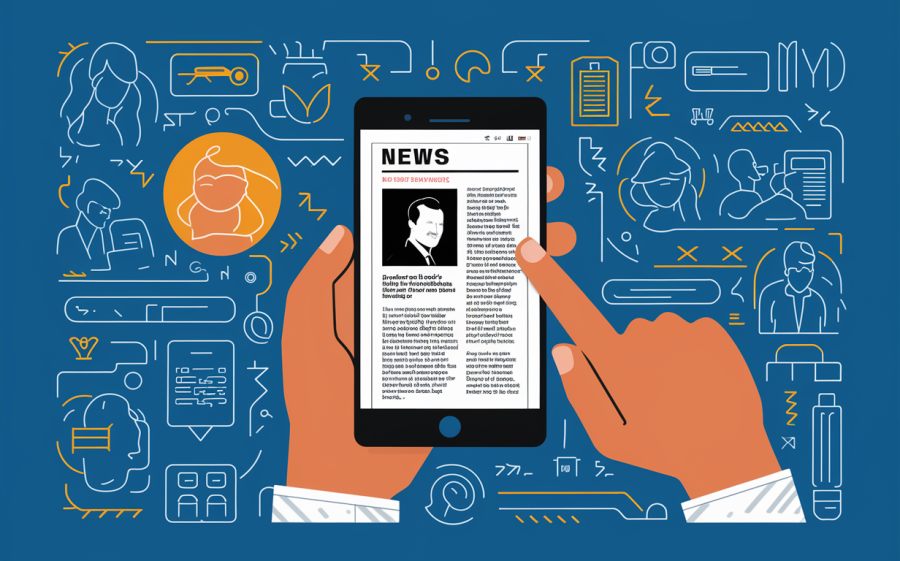The Financial Times has today (April 29) announced a ‘strategic partnership’ and licensing agreement with OpenAI, with the focus on enhancing ChatGPT with attributed content and incorporating their journalism works.
The partnership means users of the chatbot will be able to see attributed summaries, quotes, and links to journalism by the Financial Times in response to queries.
In return, OpenAI will involve the news company in the development of new AI products. Just last month, the publisher introduced a generative AI search function on beta powered by Anthropic’s Claude large language model.
This announcement marks the first major UK-based news publisher to announce a deal with the AI company, following in the footsteps of Politico, Business Insider, and Axel Springer.
The Associated Press, Le Monde, and El País have also signed deals with OpenAI so far
The team of journalists was described as being ‘well-versed in the technology’ in a press release, with ‘creativity and productivity gains’ said to be made possible through OpenAI’s creation.
Brad Lightcap, COO of OpenAI, explained more in a press release: “Our partnership and ongoing dialogue with the FT is about finding creative and productive ways for AI to empower news organizations and journalists, and enrich the ChatGPT experience with real-time, world-class journalism for millions of people around the world.”
Commitment to human journalism is expressed
As the news has been released, the Financial Times Group CEO John Ridding has stressed how human journalism is still the focus but says the company has long been a leader in news media innovation.
“The FT is committed to human journalism, as produced by our unrivaled newsroom, and this agreement will broaden the reach of that work, while deepening our understanding of reader demands and interests.
“Apart from the benefits to the FT, there are broader implications for the industry. It’s right, of course, that AI platforms pay publishers for the use of their material. OpenAI understands the importance of transparency, attribution, and compensation – all essential for us.
“At the same time, it’s clearly in the interests of users that these products contain reliable sources.”
Featured Image: Photo by Jonathan Kemper on Unsplash

















